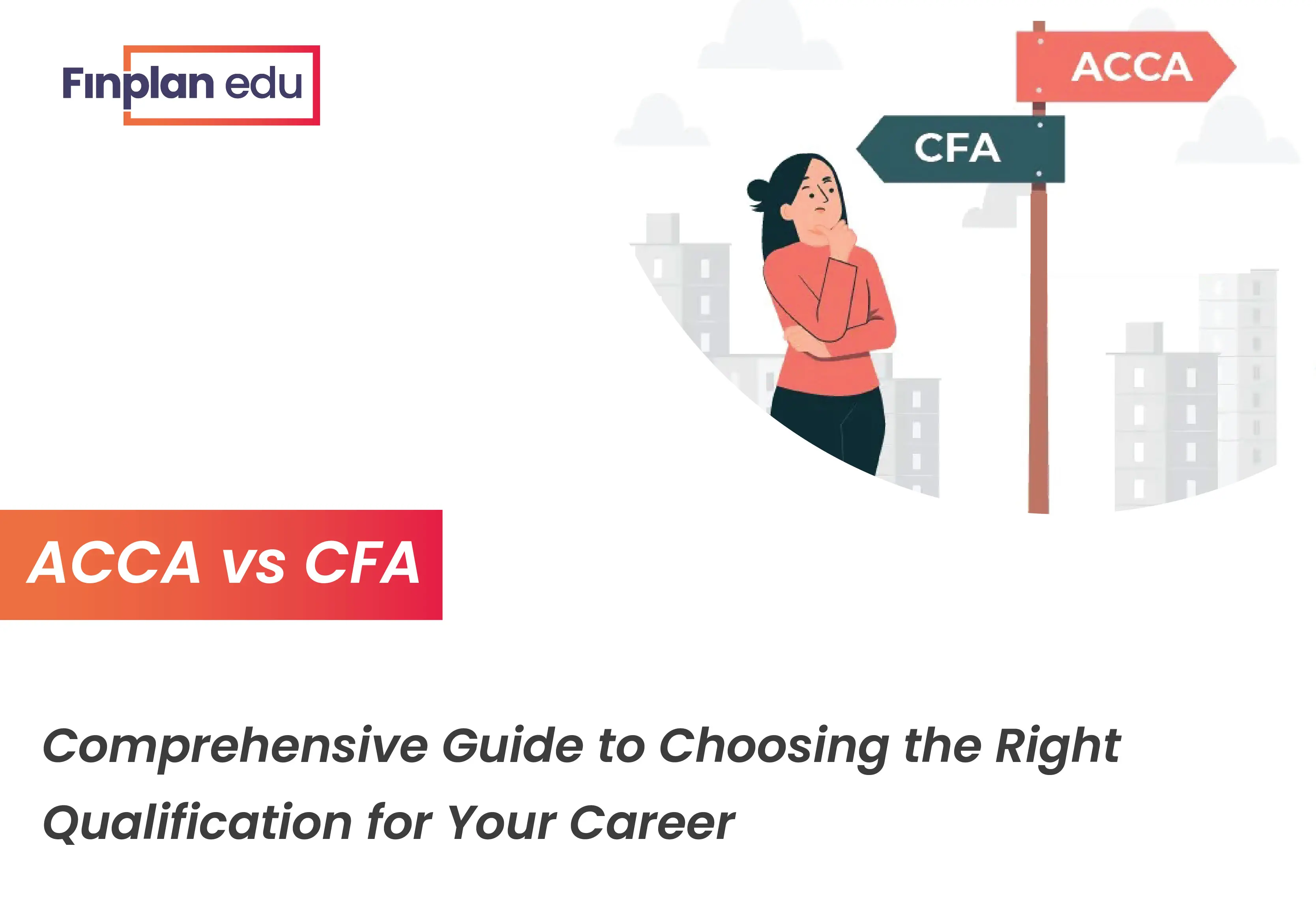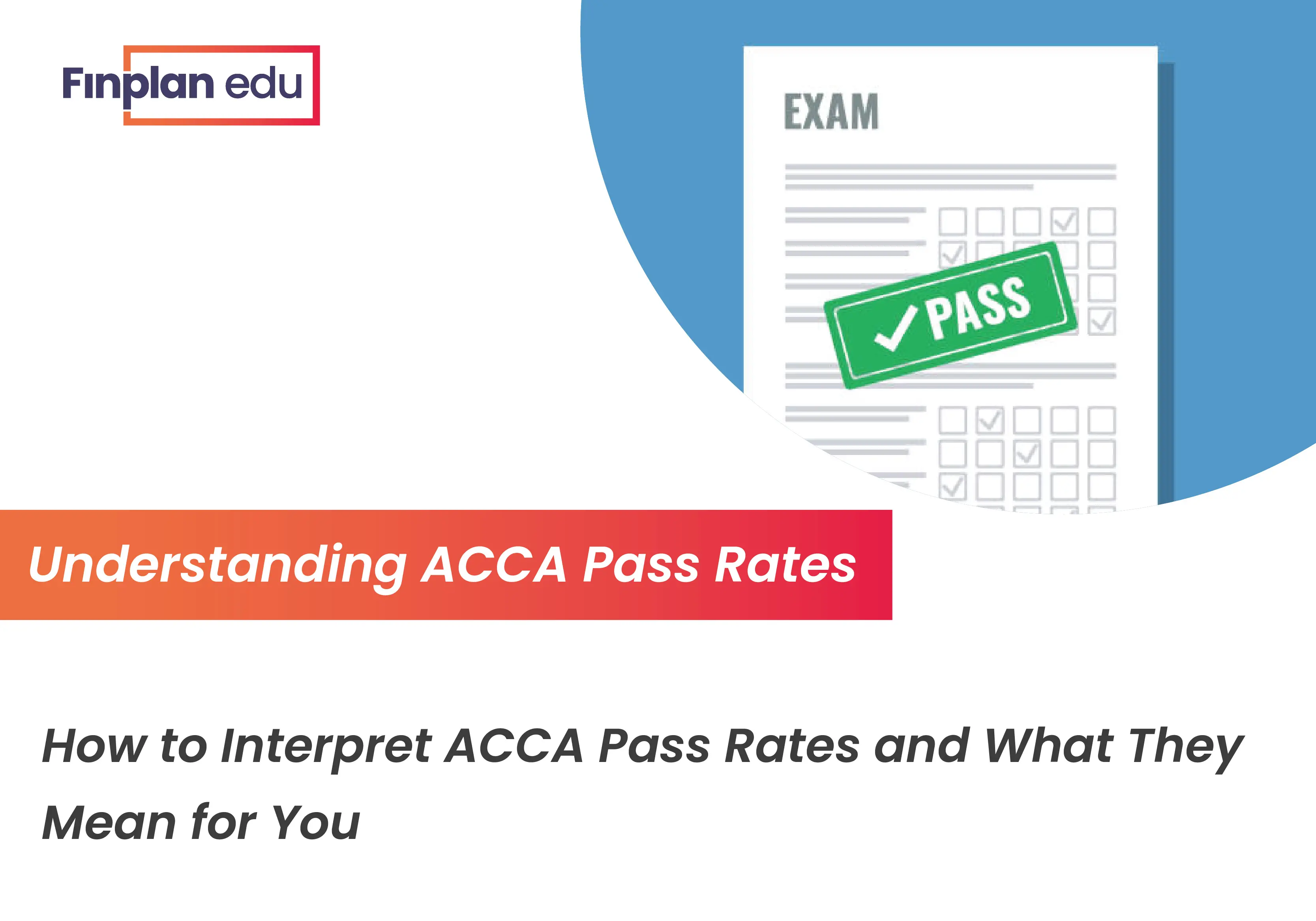What can be achieved with a B.Com course
The financial markets have been thriving continuously, creating several career opportunities for students who choose commerce as their stream in grades 11 and 12. These students can complete B.Com courses and acquire highly sought-after job positions in the finance sector. They need to obtain certifications from International bodies like the Association of Chartered Certified Accountants (ACCA) or the Chartered Financial Analyst (CFA).
B.Com courses provide individuals with the necessary knowledge about investments, financial markets, primary and secondary markets, and sources of funds. Those aspiring to establish their career in finance can benefit from taking ACCA exams during their B.Com graduation. The ACCA certification has global recognition and, therefore, functions as an international alternative to CA in the country.
Also Read: How to prepare for ACCA Exams
Students who have completed their 10+2 examination and secured an aggregate score of 65% in Mathematics or Accounts and English and an aggregate score of 50% in other subjects are eligible to take B.Com courses. The Big 4, including KPMG, Deloitte, PwC, EY, and other MNCs, are recruiting workers with ACCA certifications. A majority of these companies consider the ACCA certification to be as crucial and of the same level as CA in terms of profile, designation, salary, and similar factors.
As per Statista report: In 2023, the employability rate of Bachelor of Commerce (B.Com) graduates in India witnessed a rise from the previous year, reaching approximately 60 percent. Obtaining a B.Com degree is frequently considered a prerequisite for employment within the commerce stream. However, due to the economic slowdown in India, companies have experienced a decline in hiring activities, which has contributed to reduced job opportunities for B.Com graduates.

Source: Statista
Popular B.Com courses in India
Here are some of the popular B.Com courses in India that are most opted by the young aspirants.
B.Com in Banking and Finance
It enables students to tackle the challenges in the world of finance and banking. An aspirant can get a job in the banking sector or an organisation after successful completion of studies. Student learning roadmap here will include the course as a portion of the graduation degree along with CFA, which will be the part of their professional degree.
B.Com in Accounting
This course is ideal for the students aspiring to establish their careers in the field of accounting. Here, the students get to learn about the concepts of Banking, Accounting, Taxation and Management. Students can achieve the position of global CA.
B.Com in Banking and Insurance
The course is similar to the course in Banking and Finance. It offers a different kind of knowledge and training for banking jobs, which includes gaining knowledge about banking laws, regulatory laws, ways to approve claims, insurance policies and so.
B.Com in Applied Economics
It involves learning about the basic laws and structures which involve governing the economy. It offers job opportunities as a business analyst, lead modeller, financial analyst. Economics teacher, data analyst and investment banker.
| B.Com Course |
Description |
Career Opportunities |
| B.Com in Banking and Finance |
This course equips students with the knowledge and skills required in the finance and banking industry. It prepares them for jobs in the banking sector and organizations. Along with the graduation degree, students also pursue CFA (Chartered Financial Analyst) as part of their professional qualification. |
- Jobs in the banking sector
- Opportunities in financial organizations |
| B.Com in Accounting |
This course is suitable for students aspiring to build a career in accounting. It covers subjects such as Banking, Accounting, Taxation, and Management, providing a comprehensive understanding of these areas. Students can pursue a global Chartered Accountant (CA) qualification and work in accounting firms or other financial institutions. |
- Careers in accounting
- Global Chartered Accountant (CA) positions |
| B.Com in Banking and Insurance |
This course shares similarities with the Banking and Finance course, but it focuses on banking and insurance knowledge and training. Students learn about banking laws, regulatory laws, claims approval processes, insurance policies, and more. It prepares them for roles in the banking and insurance sectors. |
- Jobs in the banking and insurance sectors
- Understanding of banking and insurance laws and policies |
| B.Com in Applied Economics |
This course covers the fundamental principles and structures that govern the economy. It offers job opportunities as a business analyst, lead modeller, financial analyst, economics teacher, data analyst, and investment banker. Students gain knowledge and skills related to economic analysis and forecasting. |
- Business analyst positions
- Lead modeller roles
- Financial analyst jobs
- Economics teacher positions
- Data analyst positions
- Investment banker roles |
What are the job-oriented courses with B.Com
There are various job-oriented courses that students can pursue alongside B.Com. Some of them are:
Certified Management Accountant (CMA):
This course is ideal for aspirants looking to explore financial accounting's key aspects. The CMA course is a US-based management qualification and has become popular among job-oriented courses.
Chartered Financial Analyst (CFA):
This internationally recognized course is offered by the CFA Institute and helps aspirants establish a career in investment banking.
Association of Chartered Certified Accountant (ACCA):
This course has worldwide recognition in over 180 countries. The B.Com with ACCA course trains students in complex accounting concepts, including taxation, auditing, financial reporting, and business reporting.
Certified Public Accountant (CPA):
CPA is one of the most prevalent job-oriented courses for commerce graduates looking to pursue a career in accounting. It assures highly respectable and popular job opportunities.
Company Secretary (CS):
Aspirants looking to explore a company's stock trading and investment management can opt for this course. The Institute of Company Secretaries of India carries out the CS course, which is considered one of the most difficult exams to crack.
Chartered Accountancy (CA):
For aspirants looking for high-paying jobs, the CA course is a must-have in their list of preferences. Although difficult to qualify for, it opens up numerous job opportunities with substantially high designations and salaries.
| Job-Oriented Courses |
Description |
| Certified Management Accountant (CMA) |
Ideal for those interested in financial accounting, the CMA course is a US-based management qualification and is highly regarded in job-oriented fields. |
| Chartered Financial Analyst (CFA) |
This internationally recognized course, offered by the CFA Institute, prepares students for a career in investment banking and is highly valued in the industry. |
| Association of Chartered Certified Accountant (ACCA) |
The ACCA course, recognized in over 180 countries, provides comprehensive training in complex accounting concepts, including taxation, auditing, financial reporting, and business reporting. |
| Certified Public Accountant (CPA) |
CPA is a popular job-oriented course for commerce graduates seeking a career in accounting. It offers highly respected and sought-after job opportunities. |
| Company Secretary (CS) |
The CS course, conducted by the Institute of Company Secretaries of India, focuses on stock trading and investment management, providing career opportunities in corporate settings. |
| Chartered Accountancy (CA) |
The CA course, known for its high demands and difficulty, offers extensive job opportunities with lucrative positions and salaries, making it a preferred choice for commerce graduates. |
Is completing just B.Com substantial enough for the future
A degree in B.Com is undoubtedly a great start for students aspiring to set their careers in the field of finance and accounting. However, having just a B.Com degree is not substantial enough to ensure them a good career path in the field. Therefore, they have to undertake additional courses and gain certifications.
These courses and certifications help them achieve the necessary and holistic knowledge about different concepts and topics required for the section and field in finance and accounting that they choose to work in.
One can find numerous courses and certifications in the field of accounting and finance that students can pursue alongside or after completing their B.Com degree. We have mentioned different courses that one can take after or alongside B.Com.
It is essential for students to understand which area in this field is best suited for them and then opt for the best course after B.Com or along with B.Com to pave the strongest and most fruitful career path in accounting and finance.
Eligibility for B.Com
The following are the necessary eligibility criteria for B.Com:
- Students must have their 10+2 education level completed, and the necessary percentage required for admission may differ from one college to another.
- Commerce must have been the stream that the student took up in grades 11 and 12, with certain compulsory subjects like Maths and optional subjects such as Business Studies and/or Economics.
The eligibility criteria for the B.Com course are almost the same as those for the B.Com degree. To be more specific, the criteria are as follows:
- Students must have passed the 10+2 level of education with Commerce as their stream.
- Students from other streams may also apply for the course, but this depends on the institution offering the course.
- The students must fulfil the necessary percentage as deemed necessary by the college or institution offering the course.
Syllabus for B.Com
The syllabus of the B.Com course includes a plethora of topics such as Environmental Studies, Financial Accounting, Business Organization and Management, Company Law, Indirect Tax Laws, Corporate Accounting, Income Tax Laws, Auditing, Corporate Governance, Cost Accounting, Fundamentals of Financial Management, and Business Communication.
What are the Career options after successful completion of B.Com
The following are the career opportunities for students after completing their B.Com.
- Junior Accountant
- Business Executive
- Accountant
- Account Executive
- Tax Consultant
- Financial Consultant
- Financial Analyst
- Accounts Manager
- Business Consultant
Why choose B.Com for Your Career Substantial Growth
B.Com is an excellent starting point for a career in the field of finance and accounting. Students who are interested in managing finances, auditing, and overseeing various aspects of financial procedures for companies or institutions can take advantage of the opportunities provided by B.Com.
In recent times, the growth of startups, businesses, and companies has also led to the growth of financial markets. As a result, the roles, responsibilities, and job opportunities in the field of finance and accounting have increased significantly.
B.Com can offer a multitude of career options that are substantially rewarding. Lastly, B.Com, coupled with additional degrees and certifications, can help students attain better career opportunities. These certifications and courses offer them in-depth knowledge about specific fields in accounting and finance, thereby expanding their job opportunities in high-paying and highly designated jobs.
When is the right time to do B.Com
B.Com is a three-year undergraduate course divided into six semesters. Students who have completed their class 12 education are eligible to enrol in the B.Com course. They can get admission to any institution offering the course provided they fulfil all the necessary eligibility criteria required by the respective institutions.
Please note: Eligibility also varies from college to college.
Admission process for B.Com
Let's first discuss the direct admission process for B.Com. In this process, colleges and other institutions select students based on the percentage they scored in their Intermediate examination. The process involves applying to a college or university. After students receive their 12th-grade results, colleges and universities reveal the cut-off scores. Students who meet the cut-off become eligible to apply to the college or university. If they fail to meet the cut-off, students either have to wait for further cut-off lists or apply to other colleges.
There is another process for B.Com admission, which is through the entrance examination. In this process, candidates must score a certain score in the entrance exam to be eligible for admission. Students need to apply to the college or university, and the institution schedules a specific date for the examination. Students must take the exam and then wait for the results and cut-off scores or merit list from the college or university. If they meet the cut-off score or find their names in the merit list, students are eligible for B.Com admission to that specific institution.
FEES of B.Com Course
The average cost of pursuing a B.Com course ranges from ₹7000 to ₹28300, although the fees vary depending on the institution. Private colleges usually charge higher fees than government colleges, and the courses offered by the institution also play a role in ensuring the cost of the course.
In Conclusion:
B.Com is an essential degree for students who aspire to pursue a career in Finance and Accounting. However a B.Com degree alone may not justify your resume for obtaining a high-paying and globally recognized position. Therefore, additional courses and certifications along with B.Com become crucial to provide students with the required expertise in the field of Finance. As employers across the globe are seeking qualified Professionals to take their institutional growth to new heights, students with additional courses and certifications can easily skip the line and be the right fit for the organisational roles.





